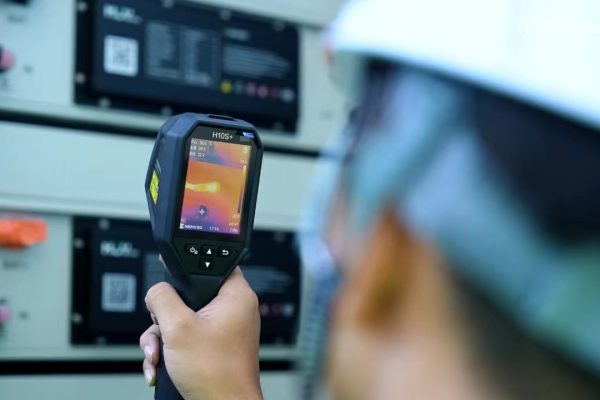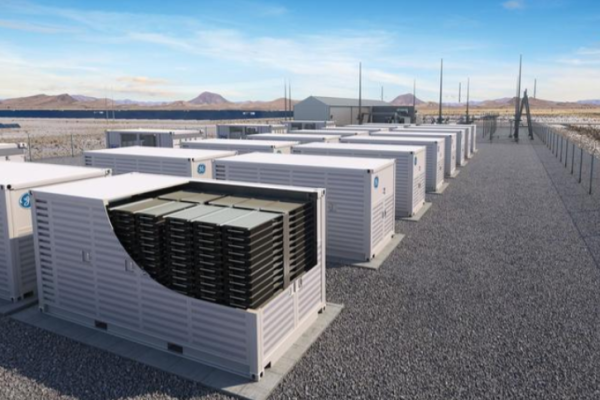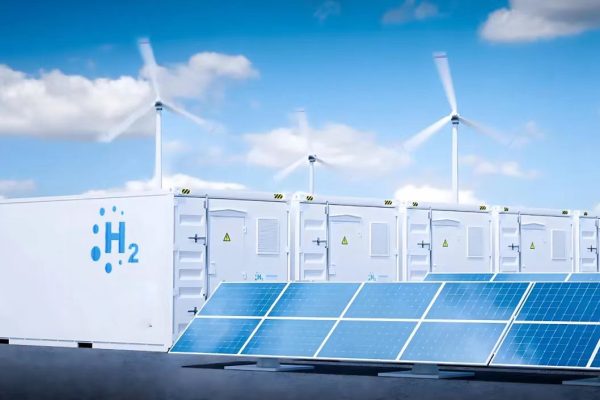The Delicate Balance in Global ESS Trade
In international energy storage system (ESS) exports, contracts often reflect a tug-of-war between buyer demands and supplier responsibilities. Buyers want maximum protection, service, and guarantees, while suppliers need to limit liability and safeguard profit margins. Striking the right balance ensures long-term cooperation instead of short-term disputes.
1. Understanding Buyer Demands
- Extended Warranties: Many buyers push for 8–10 years, especially in Europe.
- Performance Guarantees: Capacity retention or minimum cycle life assurances.
- Fast After-Sales Service: Replacement timelines as short as 30 days.
- Price Stability: Fixed prices despite raw material fluctuations.
Exporter Tip: Identify which demands are legally required and which are negotiable.
2. Supplier Responsibilities
- Delivering Compliant Products: Meeting CE, UL, UN38.3, and local certifications.
- Maintaining Documentation: Data sheets, MSDS, and customs paperwork.
- Providing Warranty Coverage: Fulfilling agreed service obligations.
- Ensuring Safe Transport: Packaging, labeling, and compliance with DG rules.
3. Points of Conflict
- Warranty Length vs. Risk Exposure: Longer warranties raise costs for suppliers.
- After-Sales Speed vs. Logistics Reality: Air shipments may be needed for urgent replacements.
- Price Fixing vs. Market Volatility: Suppliers risk losses if raw material costs surge.
- Customization vs. Standardization: Buyers may demand unique specs that increase production complexity.
4. Negotiation Strategies
- Tiered Warranty Options: Offer standard coverage with paid extensions.
- Shared Responsibilities: Buyers handle installation and routine maintenance.
- Flexible Pricing Clauses: Link price adjustments to global raw material indices.
- Minimum Order Commitments: Justify customization by securing larger volumes.
5. Legal and Regional Considerations
- EU: Strong consumer protection laws favor buyers.
- US: Contracts often favor suppliers if terms are clear.
- Middle East: Government tenders may set non-negotiable buyer-favored terms.
- Asia-Pacific: Negotiations often rely on trust and long-term partnership building.
6. Building Win-Win Agreements
- Focus on clarity: Avoid vague promises that lead to disputes.
- Focus on fairness: Ensure both parties share risks proportionally.
- Focus on long-term cooperation: A balanced contract attracts repeat orders and referrals.
Balance Builds Trust
The most successful ESS exporters know that contracts are not just legal documents but relationship tools. By carefully balancing buyer demands with supplier responsibilities, exporters protect profitability while showing buyers that their needs are respected. The result is stronger trust, smoother transactions, and long-term cooperation.








